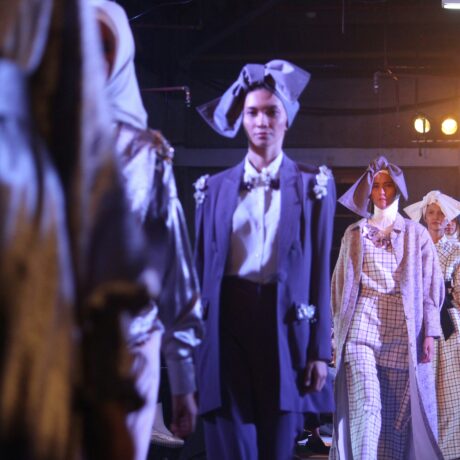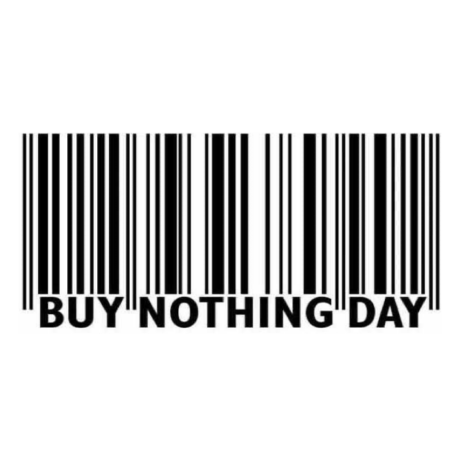How Fashion Brands Can Take Action on Social Sustainability
This is a guest blog post by Fair Wear Foundation, an independent multi-stakeholder organisation that works with brands, workers and industry influencers to improve labour conditions in garment factories.
Being a Fair Wear member brand means that you take the social side of sustainability seriously. Our members are going above and beyond the industry norm to improve working conditions at their suppliers’ factories. We are proud of our members and their ongoing commitment to improving the lives of garment workers worldwide.
To support and guide our members’ efforts, we conduct an annual Brand Performance Check. The check is a tool to evaluate and publicly report on the Human Rights Due Diligence efforts of Fair Wear’s member brands. The results enable us to track brand progress over time and measure how well brands have assessed, identified, and resolved issues with their suppliers in the past year. It also always brings up noteworthy and commendable examples of good practices that can act as inspiration for other brands in the industry. Here are some steps that brands can take to make their supply chain more ethical and socially sustainable:
1. Sign the Accord
The international Accord is a legally binding agreement between global union federations and brands. It was created after the Rana Plaza disaster in 2013. When companies sign on to the Accord, they agree to continue working to make Bangladesh factories safer. Their factories then automatically fall under the follow up of the RMG Sustainability Council (RSC).
“Since the formation of the Accord, we have made a tremendous improvement in the RMG (ready-made garment industry) in Bangladesh. I strongly feel the efforts need to be continued for maintaining the standard already achieved by the Bangladesh factories,” Bablur Rahman, Country Manager Bangladesh, Fair Wear Foundation.
If brands sign on to the Accord, they will need to follow up with their suppliers to make sure that inspections are happening, remediation is taking place, and that the factories also cooperate with the workplace programs. The more brands that sign can hence with their collective leverage make certain that their suppliers are taking steps to improve safety at the factories, and we don’t see a repetition of the Rana Plaza disaster in the future.
2. Set Prices that Enable a Living Wage
At Fair Wear, we define a living wage as a wage that meets the basic need of workers and their families for a standard working week and provide some discretionary income (savings). It is crucial that trade unions and worker representatives are involved in deciding what the living wage should be for a given region or factory. Living is a human right.
“What is important to understand is that brands don’t pay wages, brands pay prices, and factories pay wages. During the pandemic, Fair Wear brands supported its suppliers by staying in close contact with them and monitoring their needs and how they could support those needs. For example, pre-financing their orders in full,” Paula de Beer, Living Wage Officer, Fair Wear Foundation.
Fair Wear developed a user-friendly web-based application called Fair Price, a tool that facilitates fact-based costing and shared responsibility between buyers and suppliers to ensure prices sufficiently cover all labour expenses, including when wages are raised. By working with the Fair Price app with its suppliers, brands can take responsibility for ensuring their prices are sufficient and enable their suppliers to pay a living wage.
3. Make Purchasing Practices Part of Responsible Business Practice
Responsible purchasing practice is when you as a buyer know that anything you buy, the worker who made the clothes is respected and is getting a dignified life. To be able to ask the question, am I contributing to the rights of the workers in the production. Responsible purchasing practices are related to human rights due diligence (HRDD).
“HRDD is about making sure that your processes and organisation are structured and taking steps so that the human rights of the workers in your supply chain are respected. This is something that both large and small to medium enterprises are expected to work on HRDD,” Mariette van Amstel, Head of Partnerships, Fair Wear Foundation.
Responsible purchasing practices include production planning and the prices you pay if the brand is aware of the risks in the sourcing countries and its factories. There are some purchasing practices we think every brand should strive to achieve. For example, when sourcing at a new factory, do research into the materials, how they treat human rights, and if there is a willingness to improve. Another would be to is if there is a situation where workers are not receiving the legal minimum wage, there we expect, regardless of the brand’s size, to take direct action to make sure at least the legal minimum wage is paid to workers.
4. Establish Strong Social Dialogue Structures
Social dialogue can sound like a lofty concept, but in reality, it’s simple. It’s the process of workers and their representatives and their employers discussing and negotiating the conditions of work. It is a place for workers to have a collective voice in expressing their needs.
Covid 19 especially highlighted the need for strong social dialogues structures, which is essential normally. Social dialogue helps avoid disruptive and costly conflicts by involving workers in organisational change and raising workers’ voices. A stronger business emerges when workers and management work together.








